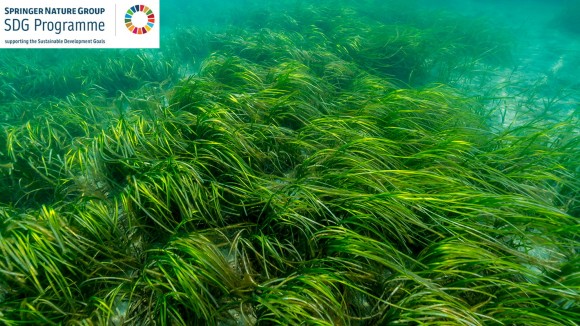Communications Earth & Environment is edited by both in-house professional editors and academic Editorial Board Members.
Nature Communications is edited by in-house professional editors.
Nature Geoscience is edited by in-house professional editors.
Scientific Reports is managed by in-house professional editors and edited by a team of external academic editors.
Our editors work closely together to ensure the quality of our published papers and consistency in author experience.
Guest Editors for Communications Earth & Environment
Christopher Cornwall, PhD, Victoria University of Wellington, New Zealand
Christopher Cornwall is a Lecturer and Rutherford Discovery Fellow at Victoria University of Wellington. His research examines how kelp forests and coral reefs function today and how this will be altered by future ocean acidification and warming in the context of variability in the environment (e.g. pH, water motion and light). Recent work focuses on determining mechanism of resistance/tolerance against climate change exploring the role of organism physiological, adaptive/acclamatory processes, and environmental interactions.
 Nadine Schubert, PhD, Center of Marine Science (CCMAR), Portugal
Nadine Schubert, PhD, Center of Marine Science (CCMAR), Portugal
Nadine Schubert is an Assistant Researcher at the Center of Marine Science (CCMAR) in Portugal. Her research focuses on the functioning of marine benthic habitats, from organisms to community level, and on assessing the responses and impacts of environmental changes (global and local stressors).


